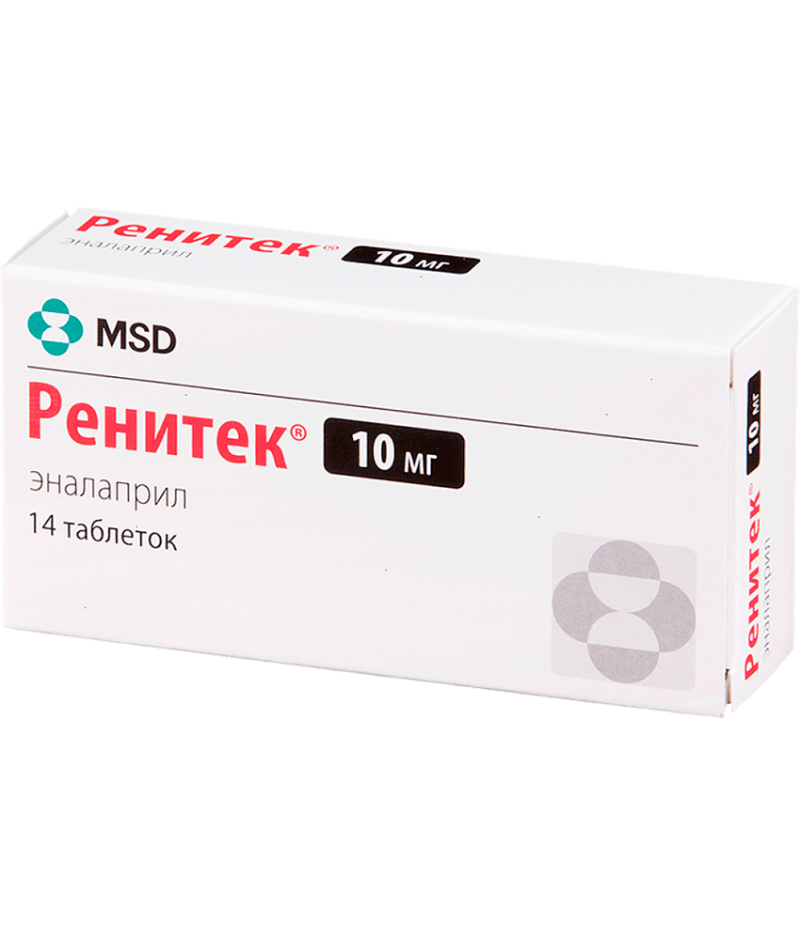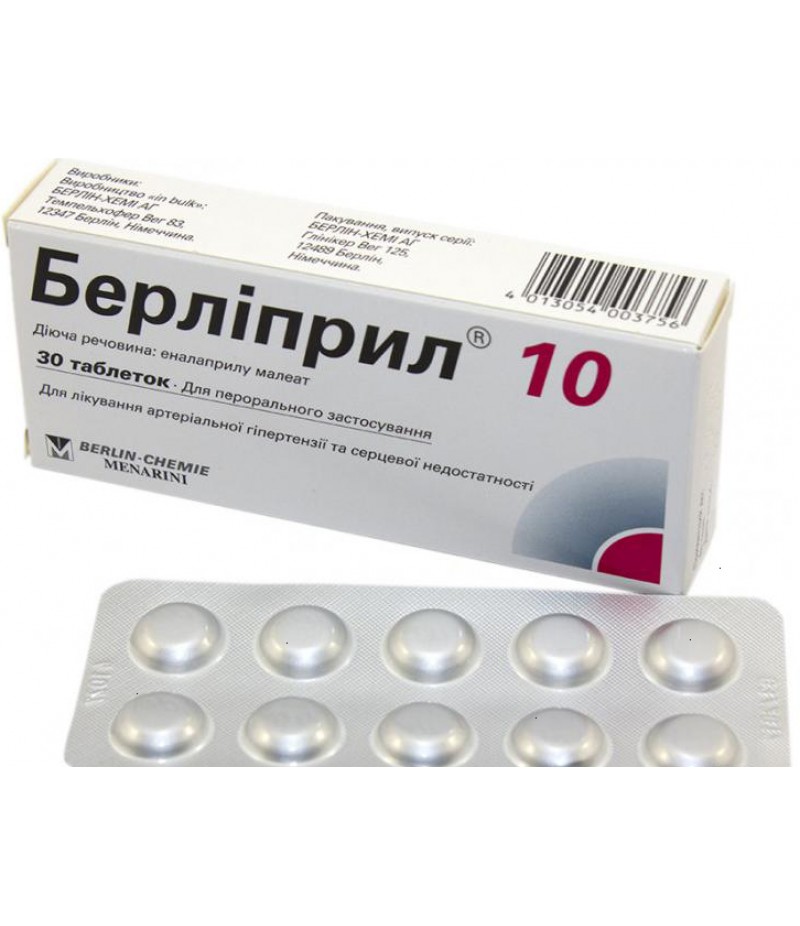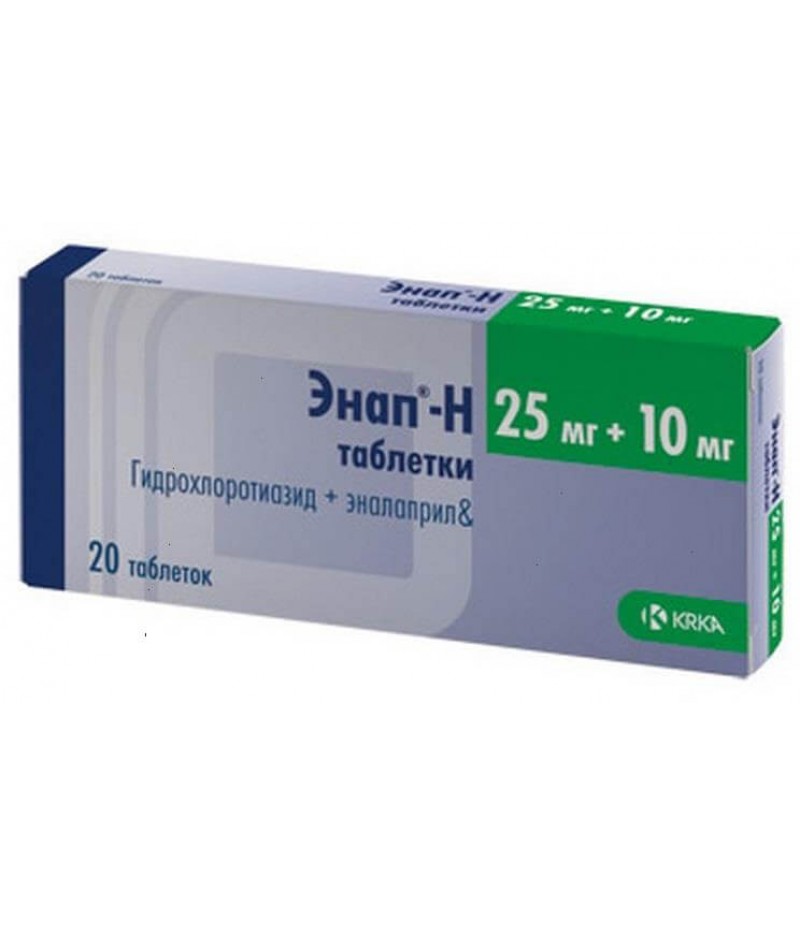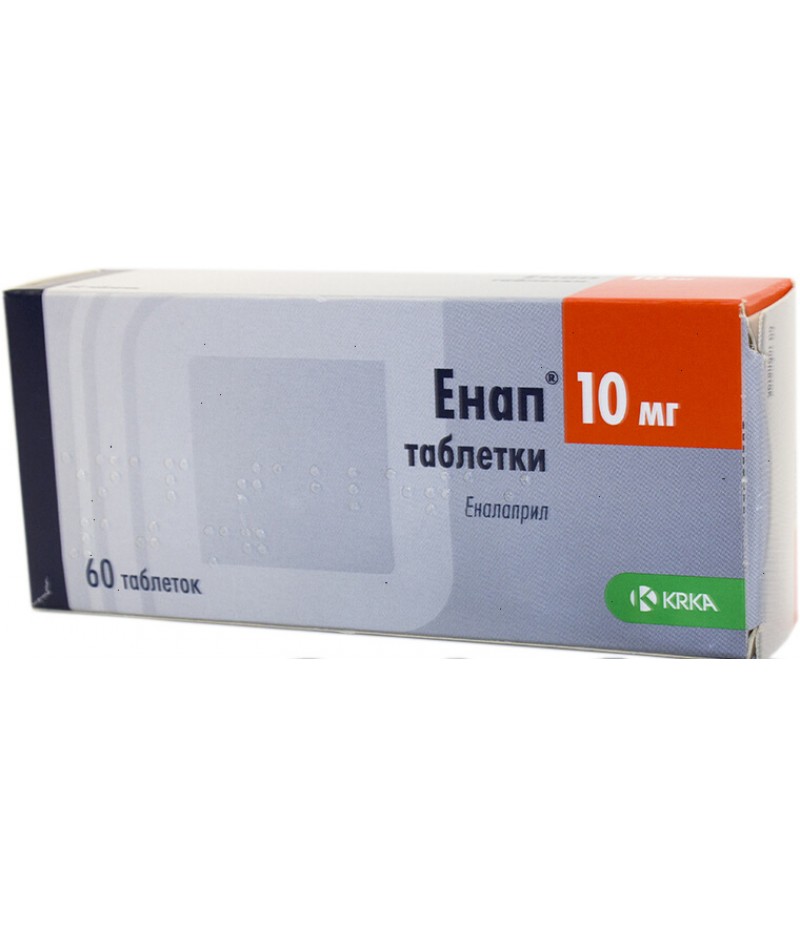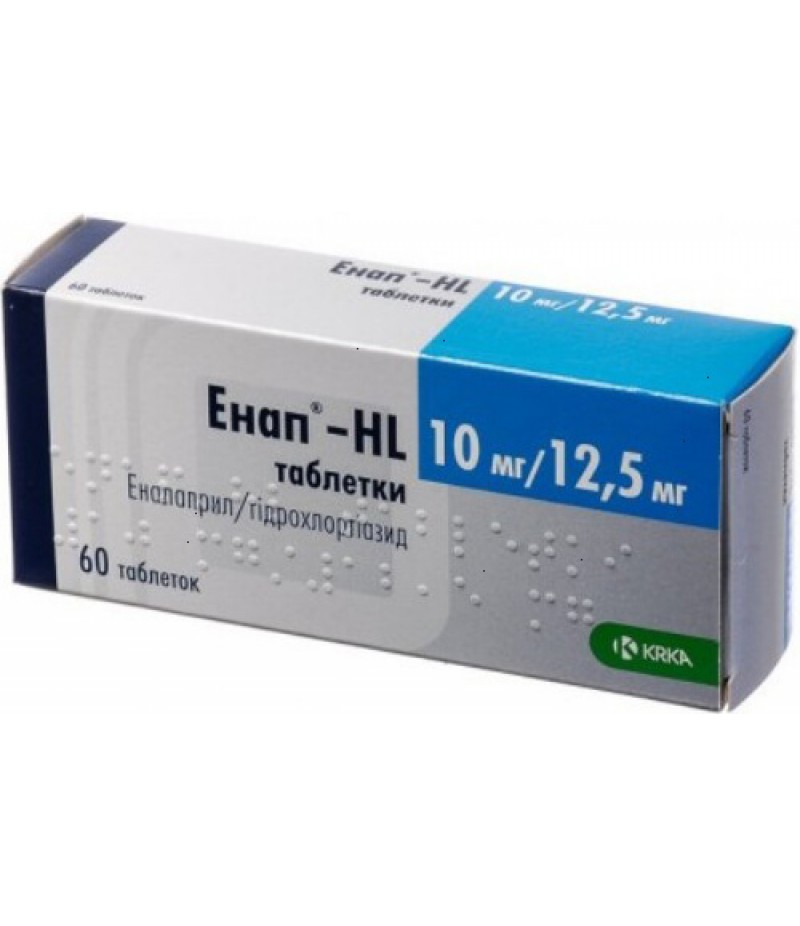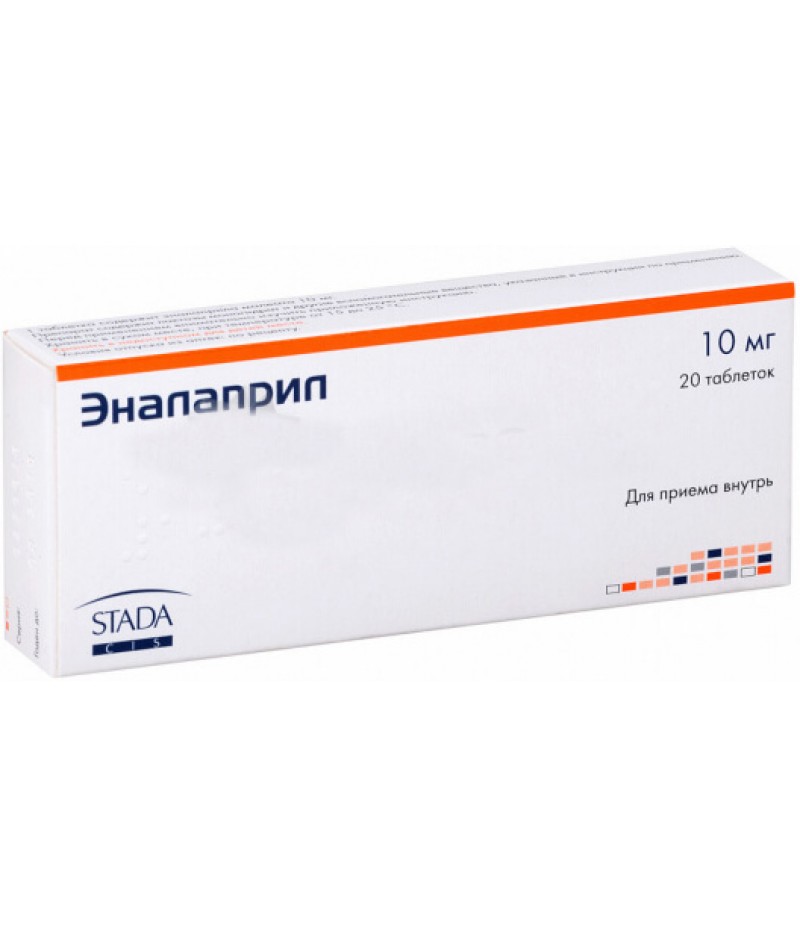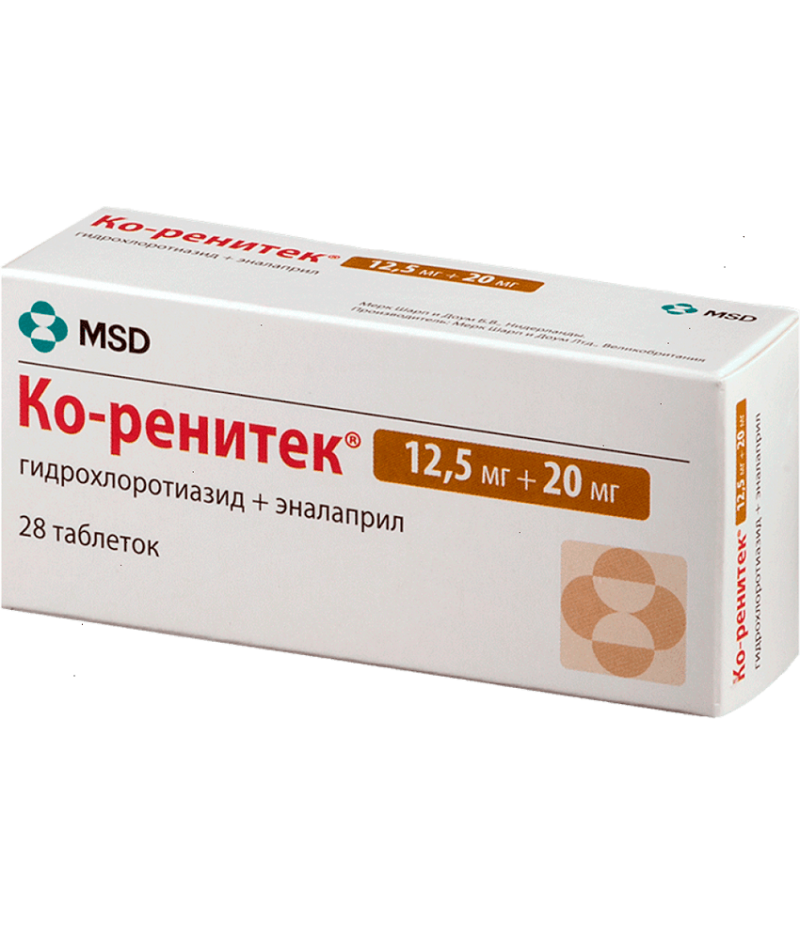Renitec tabs 10mg #14
- $4.90
- 3 or more $4.75
- Availability:In Stock
Renitec instructionYou can buy Renitec hereCompositionThe active substance of the drug is enalapril maleate.Additional components: corn starch, lactose monohydrate, pregelatinized starch, sodium hydrogen carbonate, magnesium stear..
Tags: tabs
Renitec instruction
You can buy Renitec here
Composition
The active substance of the drug is enalapril maleate.
Additional components: corn starch, lactose monohydrate, pregelatinized starch, sodium hydrogen carbonate, magnesium stearate. In addition, the drug can be iron oxide red (tablets of 10 and 20 mg), as well as iron oxide yellow (20 mg tablets).
Form of issue
In the pharmacy network, you can find tablets of 7 pieces, contained in a contour pack. In one cardboard bundle, Renitec has 2 or 4 contour packs. In addition, this medicine is sold in vials of dark glass, which contain just 100 tablets.
pharmachologic effect
This agent is an ACE inhibitor. It has hypotensive, as well as vasodilating effect.
Pharmacodynamics and pharmacokinetics
The drug is an antihypertensive agent. The active component of the drug is converted into the body in enalaprilat, which inhibits ACE (angiotensin-converting enzyme). This prevents the conversion of angiotensin I into angiotensin II and the synthesis of aldosterone, and also increases the plasma renin activity. In addition, the drug increases the level of prostaglandin E and nitric oxide, reduces the excretion of potassium ions to a small extent, accelerates the excretion of sodium ions, and also reduces the level of circulating catecholamines.
Active substance Renitec helps reduce blood pressure. In people with essential hypertension, it also interferes with overall peripheral vascular resistance and contributes to increased cardiac output. In patients with renal function problems and proteinuria, albuminuria, urinary excretion of IgG and a common urine protein are observed. And in the case of heart failure, the frequency of ventricular arrhythmias decreases.
Enalaprilat helps in regression of left ventricular hypertrophy with the maintenance of systolic function.
After the application of the tablets, the effect is developed within 1-4 hours, they remain effective throughout the day. The drug is quickly absorbed, and then split to enalaprilat. The time of food intake does not affect their effect.
The maximum decrease in blood pressure is observed after about 5 hours after application of the drug.
Indications for use Renitec
Indications for the use of Renitec are as follows:
heart failure;
Essential and Renovascular Hypertension;
asymptomatic dysfunction of the left ventricle in order to prevent the development of severe heart failure;
disruption of the left ventricle if necessary to prevent coronary ischemia.
From what tablets help in each case, only the doctor knows, so it is not recommended to take this drug without the appointment of a specialist.
Indications for Renitec use also include its appointment to people with unstable angina to reduce the frequency of hospitalizations and prevent the occurrence of myocardial infarction.
Contraindications
This remedy is contraindicated in the history of Quinck's edema due to the administration of ACE inhibitors, as well as hypersensitivity to its components.
In addition, the drug should not be taken with hereditary or idiopathic Quinck's edema, lactase deficiency, galactosemia and malabsorption of glucose-galactose. Contraindicated also the appointment of people on hemodialysis using membranes of high permeability, pregnant, nursing women, children under 1 month, children with a glomerular filtration rate less than 30ml / min / 1.73 square meters. m.
With caution, the agent is used before surgery, with kidney failure, heart failure, cerebrovascular disorders, diuretic therapy, coronary heart disease, hemodialysis, as well as with aortic stenosis, bilateral renal artery stenosis, water-electrolyte imbalance or stenosis of the single kidney artery.
Side effects
When applying the medicine, the following side effects may occur:
SSS - arterial hypotension, syncope, orthostatic hypotension;
digestive system - diarrhea, nausea;
allergy - skin rash;
skin - facial skin flushing, itching, alopecia;
nervous system - headache, dizziness, asthenia, increased fatigue;
respiratory system - cough;
laboratory indicators - hyperkalemia, decrease in hemoglobin and hematocrit concentration, hyponatremia;
other - increased sweating, impotence, changes in taste, convulsions, glossitis, tinnitus.
In rare cases, it is also noted:
digestive system - increased activity of hepatic transaminases, hepatic insufficiency, jaundice, intestinal obstruction, vomiting, constipation, stomatitis, pancreatitis, hepatitis, abdominal pain, dyspepsia, anorexia, increased bilirubin in plasma;
CCC - acute myocardial infarction, stroke, heart rhythm disturbances, chest pain, angina, strong palpitation;
urinary system - problems with kidney function, oliguria, increased creatinine levels, renal insufficiency, increased urea levels;
nervous system - depression, sleep problems, tinnitus, confusion, paresthesia, blurred vision;
respiratory system - pulmonary infiltrates, dyspnea, pharyngitis, bronchospasm, rhinorrhea, hoarseness of voice;
allergy - Stevens-Johnson syndrome, angioedema, edema of the extremities, face, tongue, lips, glottis, larynx; polymorphic erythema, pemphigus, exfoliative dermatitis, urticaria, Lyell's syndrome, and the development of a complex symptom complex including a positive test for antinuclear antibodies, vasculitis, fever, arthralgia or arthritis, increased ESR, leukocytosis, serositis, myalgia or myositis, eosinophilia.
As a rule, side effects are rare. In most cases, they pass with time and do not require the withdrawal of treatment.
Instructions for use Renitec (Method and dosage)
For patients who have been appointed Renitec, the instructions for use indicate that the drug is intended for oral use. The product should be swallowed whole, not crushing and not chewing, it is recommended to wash it with water. Tablets are divided only if it is necessary to obtain an accurate dosage. In order to achieve the maximum therapeutic effect and constant monitoring of blood pressure indicators, the instructions for use of Renitec recommend that they be consumed at the same time of the day. The duration of therapy and the exact dosage is determined by the specialist individually.
Adult patients are usually given 10-20 mg / day. If necessary, the dosage can be increased. The maximum dose of the medicine should not be more than 40 mg. The maintenance dosage is 20 mg.
With renovascular hypertension, adults usually need to take 2.5-5 mg / day. If necessary, the dosage is increased.
The recommended maintenance dose is 10-20 mg.
If before the patient took diuretics, the initial dosage should not be more than 5 mg. Gradually, it can be increased if necessary. Be sure to consider that diuretics should stop taking no less than 2-3 days before the start of taking Renitec tablets.
The initial dosage in case of kidney failure is 5-10 mg / day.
In case of creatinine clearance:
from 80 to 30 ml / min - 5-10 mg / day;
from 30 to 10 ml / min - 2.5-5 mg / day;
up to 10ml / min - 2.5 mg / day.
Adult patients with heart failure and asymptomatic dysfunction of the left ventricle give 2.5 mg / day. This medicine can be used as part of a comprehensive therapy for heart failure. If it is well tolerated or after symptomatic hypotension, the initial dosage can be increased step by step. In this case, you need to constantly monitor blood pressure, kidney function and the concentration of potassium in the blood plasma.
The recommended maintenance daily dose is 20 mg. It is taken once or divided into two.
Children from 1 month to 16 years are given 0.08 mg / kg once a day. If necessary, the dose may increase over time.
Overdose
At dosages in excess of normal, arterial hypotension appears, which is noticeable six hours after admission and coincides with the blockade of the renin-angiotensin system. There may also be a stupor.
As a therapy, an isotonic solution is administered intravenously. If an overdose has occurred recently, it is recommended to do a gastric lavage. The active substance can also be removed from the systemic circulation by hemodialysis.
Interaction
Antihypertensive and diuretic drugs in interaction with Renitec lead to an intensification of the hypotensive effect. And when combined with potassium-sparing diuretics and drugs that contain potassium, the likelihood of hyperkalemia increases.
Together with lithium preparations, Renitec reduces the excretion of lithium and increases their toxicity. When interacting with non-narcotic analgesics, the likelihood of a nephrotoxic effect increases.
Terms of sale
You can buy Renitec without a prescription.
Storage conditions
The drug should be kept in a dry place, which does not penetrate light. Temperature - up to 30 ° C.
Shelf life - 30 months.
Reviews about Renitec
Reviews about Renitec's medicine can be found on the Internet often enough. He has a lot of evidence. How to take this drug and what should be the duration of therapy, in each case, only the doctor knows. Thus, it can not be taken without the appointment of a specialist. Reviews about Renitec indicate that some patients take it for a fairly long time and note the effectiveness throughout the therapy.

